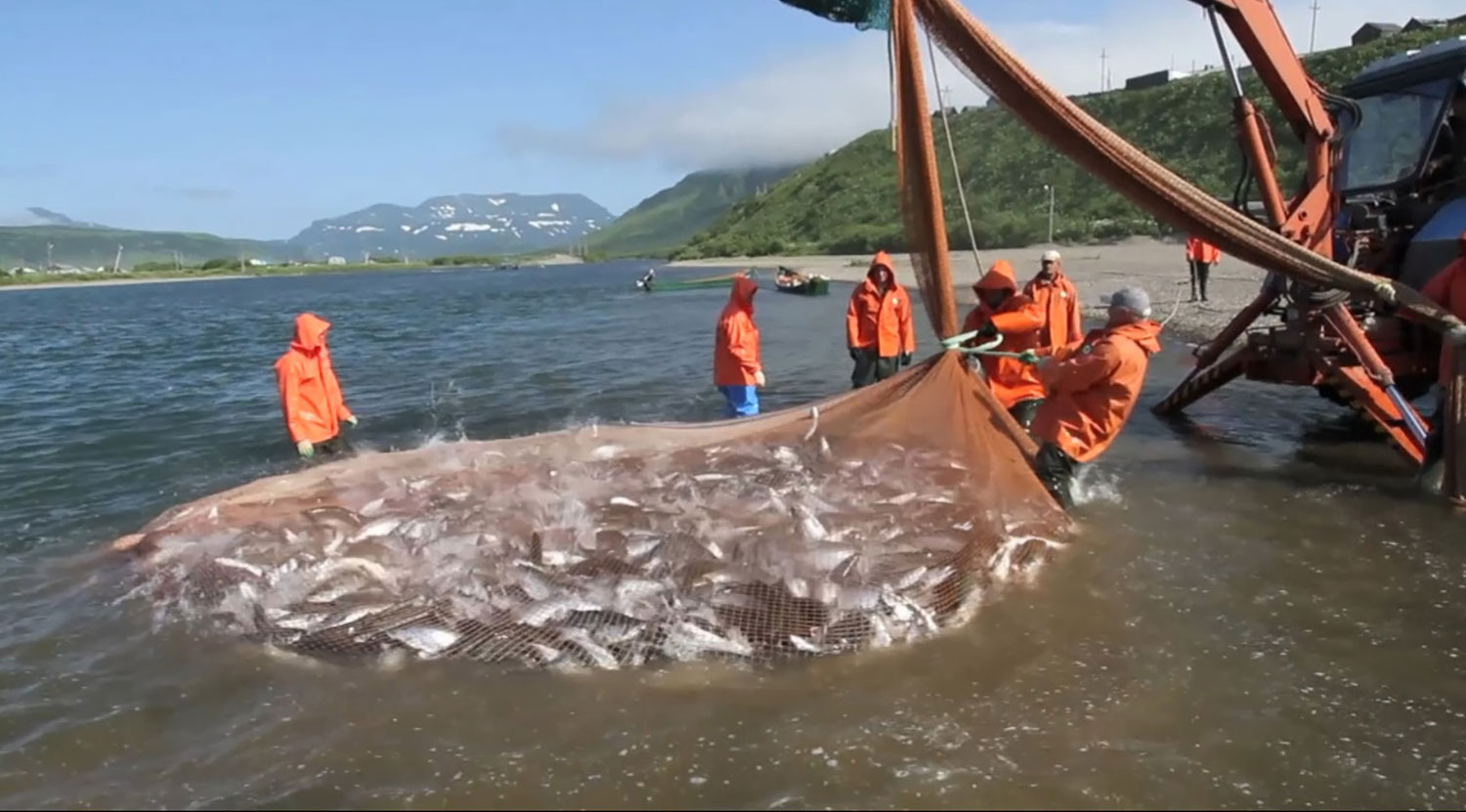Federal Fishery Protected Zones will give communities and commercial fishermen new tools to guard against destructive development.
On October 5th, Russian Prime Minister Dmitri Medvedev signed a new Russian Federation law allowing the creation of Federal Fishery Protected Zones on important rivers in Russia. Fishing communities and businesses now have a new avenue to protect their livelihoods against the most damaging industrial practices for fish. In fishery protected zones, practices such as logging, mining, and road building will be banned, while commercial, recreation and subsistence fishing are allowed.
In the Russian Far East, the new law will give communities another strong tool to protect wild salmon populations.
“Communities in the Russian Far East can use the new law passed by the Russian Federation to pursue proactive protection of salmon stronghold rivers, in order to conserve the natural wealth those rivers provide,” says Russian Academy of Sciences’ Dmitry Pavlov.
Mariusz Wroblewski, Wild Salmon Center’s Western Pacific program manager, says: “While endangered species protections and traditional protected areas in Russia and other countries around the Pacific Rim provide for fisheries protections, this is one of the first laws to specifically name fish as the primary goal for protecting a river.”
For nearly seven years, Wild Salmon Center has supported Pavlov at the Russian Academy of Sciences as he provided expert scientific support to the Russian Federation Research Institute of Fisheries and Oceanography and federal lawmakers in the development of the fishery protected zone legislation.
WSC will continue to support communities in the Russian Far East to identify salmon rivers that might qualify for protection under the new legislation.
In Kamchatka, fishing communities are already seeing the benefits of traditional parks and protected areas. On the Ozernaya and Kol rivers, commercial fishermen continue to benefit from healthy salmon returns, at least in part because of the substantial protected areas on those rivers.
“Now, Russians have another tool to expand protections for fisheries on other rivers in Kamchatka and elsewhere, in order to secure economic returns for people that depend on it,” says Wroblewski.
Hero Image
